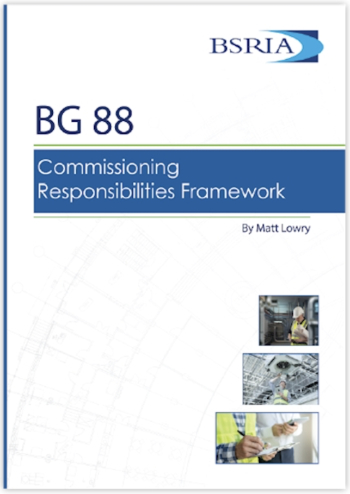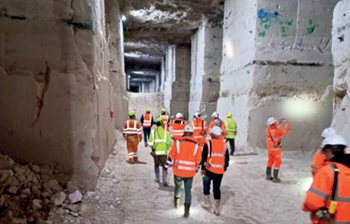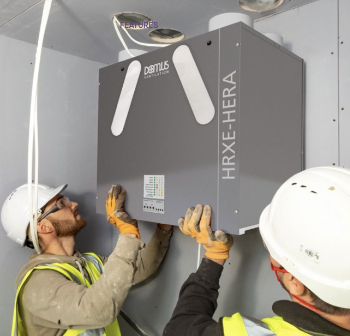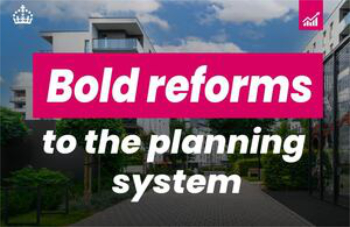Domestic Energy Assessor
A Domestic Energy Assessor (DEA) is a role recognised by the UK government as a person who is qualified to assess the energy efficiency of an existing residential dwelling and prepare energy performance certificates (EPCs). The EPC calculations are based on the Standard Assessment Procedure (SAP) for domestic buildings and use data on the dimensions, construction, heating and hot water provision of a dwelling which is input into an approved software programme referred to as the Reduced Data Standard Assessment Procedure (RDSAP)
Energy Performance Certificates (EPCs) are a requirement when selling or renting a house, and they must be prepared by a qualified DEA. In Scotland the certificate must be displayed in the dwelling. An EPC contains information about a property's energy use and typical energy costs and originally formed part of a Home Information Pack (HIP), until they were abolished in 2010 (although they are still required in Scotland). EPCs themselves were introduced following a EU directive, and in 2007, via the Housing Act of 2004 became mandatory in the UK.
A DEA will normally also produce a supplementary report with the EPC which contains recommendations for cost-effective energy improvement measures for the dwelling.
The RDSAP is the government approved standardised system for energy surveys of existing dwellings being sold or rented. A full Standard Assessment Procedure (SAP) is required for new build properties and requires data that might not be available via a survey or that may take too long to gather, so the RDSAP includes an industry agreed standard way of inferring the missing data as well as the available data items.
To join a scheme a DEA must have either :
- A qualification in energy inspection, as part of a National Occupational Standard (NOS) in Energy Inspection
- Accreditation of Prior Experiential Learning (APEL) route evidencing prior experience and knowledge.
and
- Completed an application form with supporting documents paid the appropriate fee for membership.
- Be in possession of an appropriate identity card of membership.
Accreditation requires an assessor to show:
- They can carry out consistent and accurate energy assessments independently.
- They are fit, proper and qualified to carry out energy assessments.
- They can prepare EPC and recommendation reports using a standardised format.
- The follow the selected scheme’s Code of Conduct.
- They have entered relevant EPC's, the data and recommendation reports onto the appropriate register held Landmark on behalf of the DFP.
- A declaration detailing any interest, business or personal with the commissioning client of the EPC.
For further information visit: https://www.gov.uk/domestic-energy-assessor-northern-ireland
[edit] Related articles on Designing buildings
- Approved building energy calculation software.
- Approved documents.
- Building Regulations.
- Dynamic Simulation Model.
- Energy Performance Certificates.
- Energy Performance of Buildings Directive.
- National Calculation Method.
- Passivhaus vs SAP.
- Simplified Building Energy Model.
- Target fabric energy efficiency rate.
- Thermal dynamic analysis.
- U-value conventions in practice: Worked examples using BR 443.
Featured articles and news
Commissioning Responsibilities Framework BG 88/2025
BSRIA guidance on establishing clear roles and responsibilities for commissioning tasks.
An architectural movement to love or hate.
Don’t take British stone for granted
It won’t survive on supplying the heritage sector alone.
The remarkable story of a Highland architect.
The Constructing Excellence Value Toolkit
Driving value-based decision making in construction.
Meet CIOB event in Northern Ireland
Inspiring the next generation of construction talent.
Reasons for using MVHR systems
6 reasons for a whole-house approach to ventilation.
Supplementary Planning Documents, a reminder
As used by the City of London to introduce a Retrofit first policy.
The what, how, why and when of deposit return schemes
Circular economy steps for plastic bottles and cans in England and Northern Ireland draws.
Join forces and share Building Safety knowledge in 2025
Why and how to contribute to the Building Safety Wiki.
Reporting on Payment Practices and Performance Regs
Approved amendment coming into effect 1 March 2025.
A new CIOB TIS on discharging CDM 2015 duties
Practical steps that can be undertaken in the Management of Contractors to discharge the relevant CDM 2015 duties.
Planning for homes by transport hubs
Next steps for infrastructure following the updated NPPF.
Access, history and Ty unnos.
The world’s first publicly funded civic park.
Exploring permitted development rights for change of use
Discussing lesser known classes M, N, P, PA and L.
CIOB Art of Building photo contest 2024 winners
Fresco School by Roman Robroek and Once Upon a Pass by Liam Man.























